Successful Project Management
- Home
- Blog

Successful Project Management
There are some points of commonality in project success and failure, which allow us to identify some general points which seem to minimize the chances of a project failing to meet its objectives. The following factors are particularly important:
• Clearly defined goals: including the general project philosophy or general mission of the project, and a commitment to those goals on the part of the project team members.
• Competent project manager: a skilled project leader who has the necessary interpersonal, technical and administrative skills.
• Top-management support: top-management commitment for the project that has been communicated to all concerned parties.
• Competent project team members: the selection and training of project team members, who between them have the skills necessary to support the project.
• Sufficient resource allocation: resources, in the form of money, personnel, logistics, etc., which are available for the project in the required quantity.
• Adequate communications channels: sufficient information is available on project objectives, status, changes, organizational conditions, and client needs.
• Control mechanisms: the mechanisms which are in place to monitor actual events and recognize deviations from the plan.
• Feedback capabilities: all parties concerned with the project are able to review the project’s status and make suggestions and corrections.
• Responsiveness to clients: all potential users of the project are concerned with and are kept up to date on the project’s status.
• Troubleshooting mechanisms: a system or set of procedures that can tackle problems when they arise, trace them back to their root cause and resolve them.
• Project staff continuity: the continued involvement of key project personnel throughout its life. Frequent turnover of staff can dissipate the team’s acquired learning.
In order to coordinate the efforts of many people in different parts of the organization (and often outside it as well), all projects need a project manager. Many of a project manager’s activities are concerned with managing human resources. The people working in the project team need a clear understanding of their roles in the (usually temporary) organization.
Controlling an uncertain project environment requires the rapid exchange of relevant information with the project stakeholders, both within and outside the organization. People, equipment, and other resources must be identified and allocated to the various tasks. Undertaking these tasks successfully makes the management of a project a particularly challenging operations activity. Five characteristics, in particular, are seen as important in an effective project manager:
• Background and experience which are consistent with the needs of the project.
• Leadership and strategic expertise, in order to maintain an understanding of the overall project and its environment, while at the same time working on the details of the project.
• Technical expertise in the area of the project in order to make sound technical decisions.
• Interpersonal competence and the people skills to take on such roles as project champion, motivator, communicator, facilitator, and politician.
• Proven managerial ability in terms of a track record of getting things done.
Latest posts
QUICK ENQUIRY
Learners Ink 2019 - | All Rights Reserved



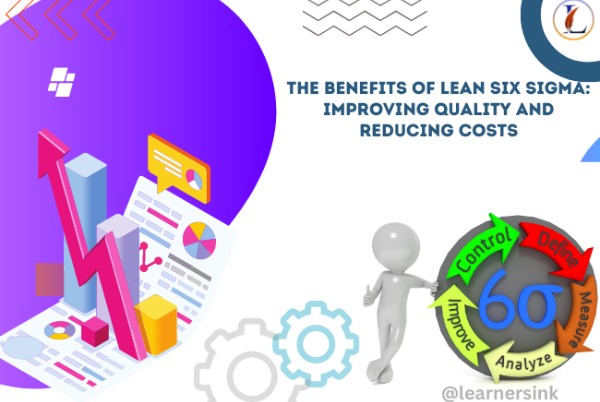















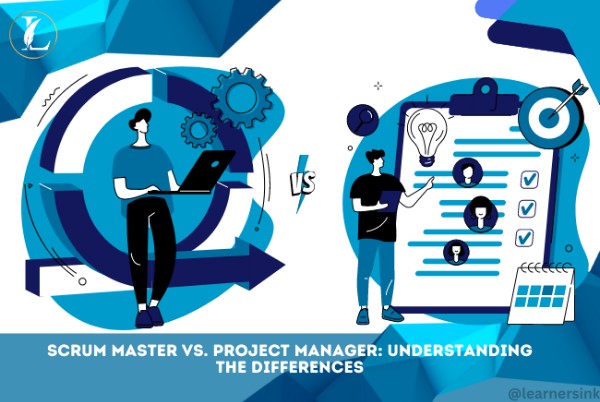


















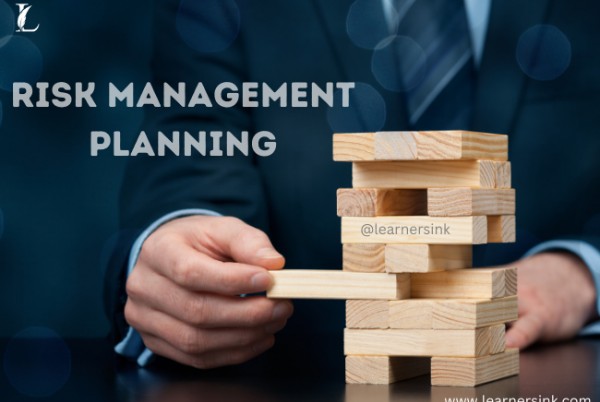



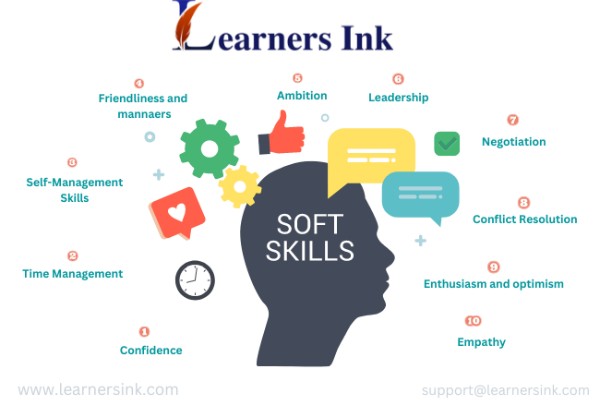






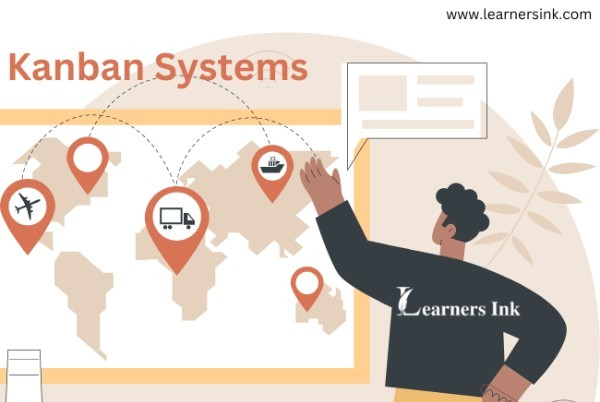



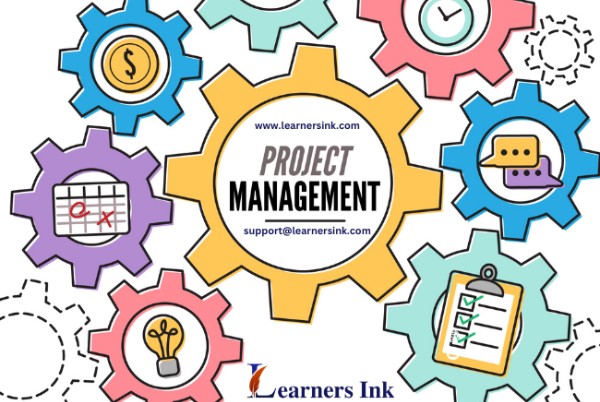
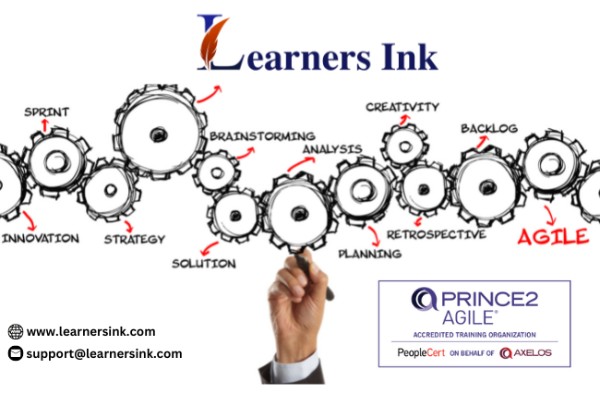




.jpg)

